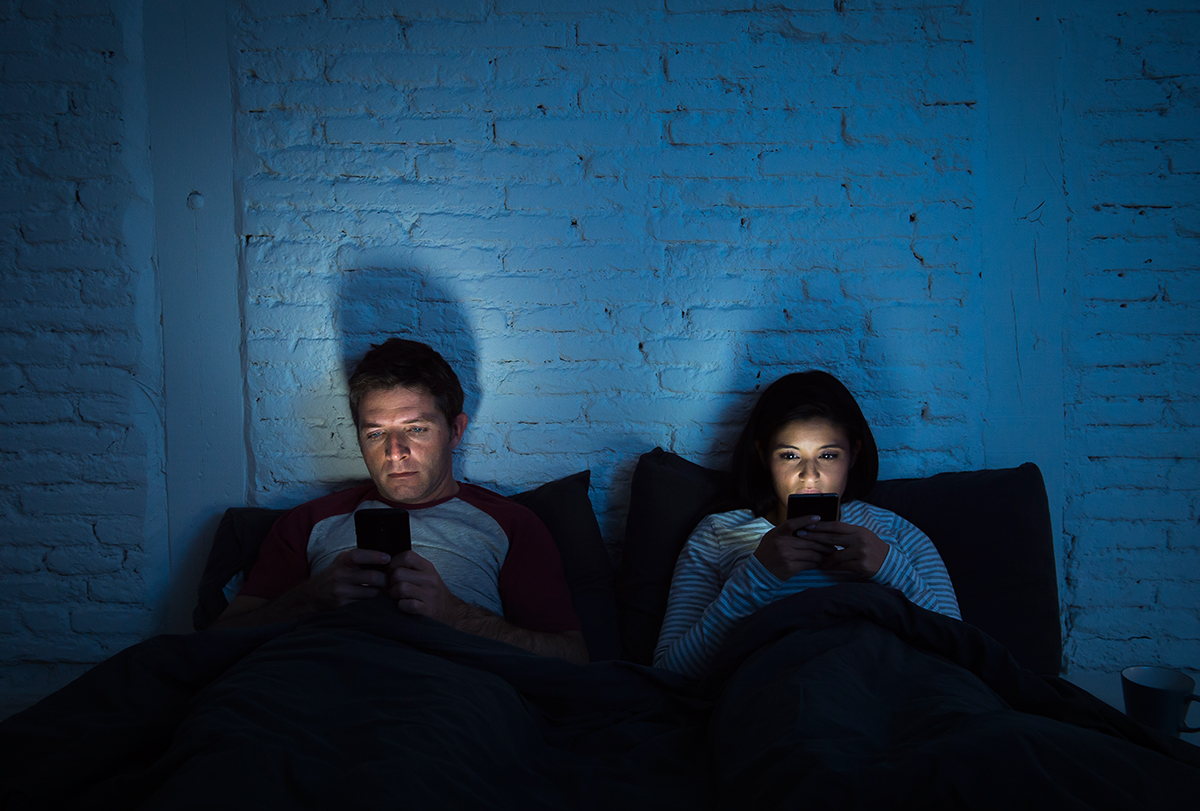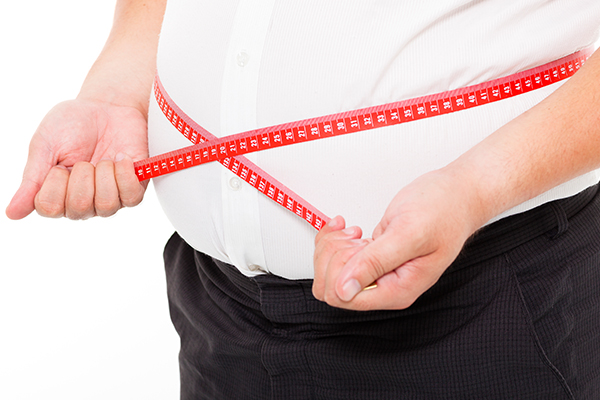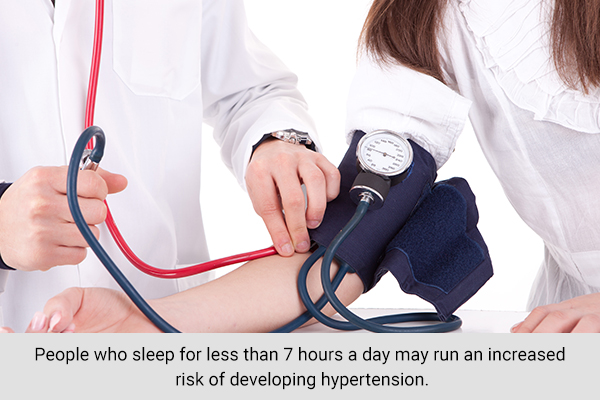In this article:
Getting enough hours of restorative sleep regularly is essential for good physical and mental health. You need to rest your body after a whole day of activity so that it can properly repair and rejuvenate itself. The same goes for your brain.

Conversely, inadequate or poor-quality sleep over a long period can wear you out and take a serious toll on your physical as well as mental health. Moreover, sleep deprivation is known to increase the risk of various chronic and debilitating ailments such as cardiovascular disease, (1) diabetes, obesity, hypertension, stroke, and depression. (2)(3)(4)(5)
Harms of Using Mobile Phones in Bed
Here are the problems that can arise from using mobile phones in bed.
1. Obesity

Leptin and ghrelin are hormones that have opposing effects on your appetite. The former curbs your appetite while the latter increases it.
Both of them work together to maintain a proper energy balance inside the body so that you don’t fall prey to undue hunger pangs.
Sleep deprivation due to excessive mobile phone usage at bedtime is known to alter the levels of these hormones in such a way that triggers increased appetite, leading to overeating and subsequent weight gain. (6)
2. Diabetes
People who frequently struggle to get proper sleep due to disorders such as obstructive sleep apnea (OSA) or otherwise are more prone to developing type 2 diabetes. In fact, this risk factor is almost akin to having a family history of diabetes. (7)(8)
3. Hypertension

According to a Sleep Heart Health Study, people who sleep for less than 7 hours a day may run an increased risk of developing hypertension. This is particularly true for women, and the danger increases with age.
If you already suffer from hypertension, lack of sleep can make it worse. It is normal for blood pressure to dip during sleep. But if it continues to be high while you sleep, there is an increased risk of stroke. (9)
4. High cholesterol level
Sleep deprivation is known to inhibit the secretion of leptin, which is a hormone responsible for suppressing hunger.
Thus, low leptin levels inadvertently expand your appetite and make you crave food even when your body doesn’t need energy. This paves the way for mindless munching, snacking, overeating, and other unhealthy dietary patterns that may contribute to hypercholesterolemia. (10)(11)(12)
Link Between Screen Time and Poor Sleep
Many different things contribute to poor-quality sleep, but excessive use of mobile phones, laptops, and television is fast becoming a leading culprit. The screens of these devices emit blue light, which hinders the production of melatonin, also known as the sleep hormone.
Melatonin is secreted by the brain in response to darkness. It regulates the body’s sleep–wake cycle or circadian rhythm by making you fall asleep and stay asleep through the night.
Exposure to blue light tends to neutralize this effect, especially when done close to bedtime. It stimulates brain activity, cognitive function, and alertness to keep you up at night. (13)
Here are some things you can do to ensure restful sleep:
- Limit your screen time (should ideally not exceed 8 hours a day).
- Stop viewing your mobile phone, laptop, or TV once you switch off the lights to prepare for sleep half an hour before bedtime.
- Keep your mobile phone away from your pillow. (13)
Final Word
The National Sleep Foundation recommends 7–9 hours of shut-eye every night as the ideal sleep duration for adults. You may have to compromise from time to time, but this should be the goal.
And the best way to achieve this goal is to cultivate a healthy bedtime routine and schedule. Sleep at the same time every night, and wake up at the same time every morning.
Plus, make your bedroom environment sleep friendly. Keeping it dark, cozy, and quiet will help ease your mind and body into falling asleep quickly. Most importantly, minimize your exposure to blue light screens, which can overstimulate your mind and drive away sleep.
- Was this article helpful?
- YES, THANKS!NOT REALLY


